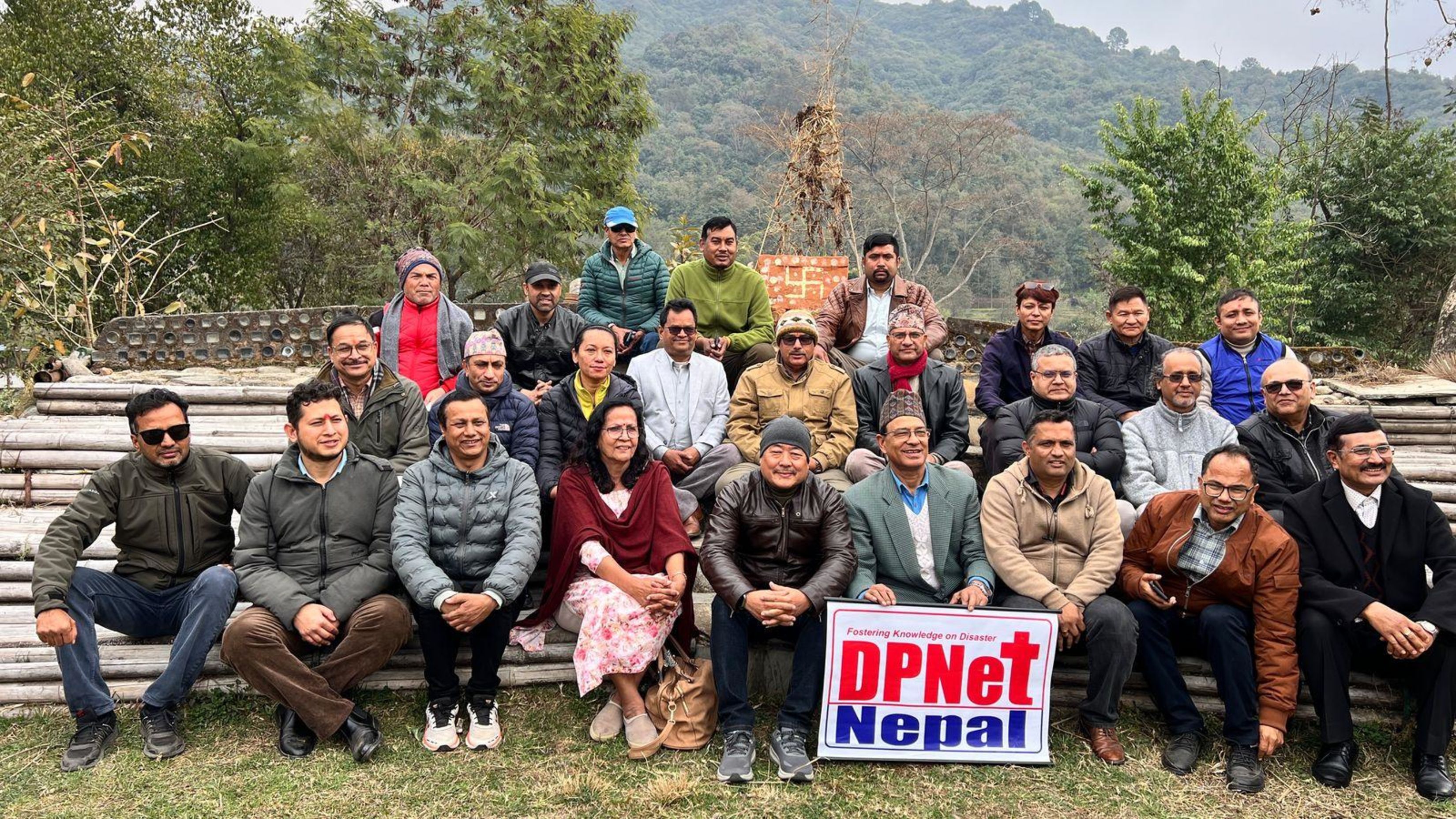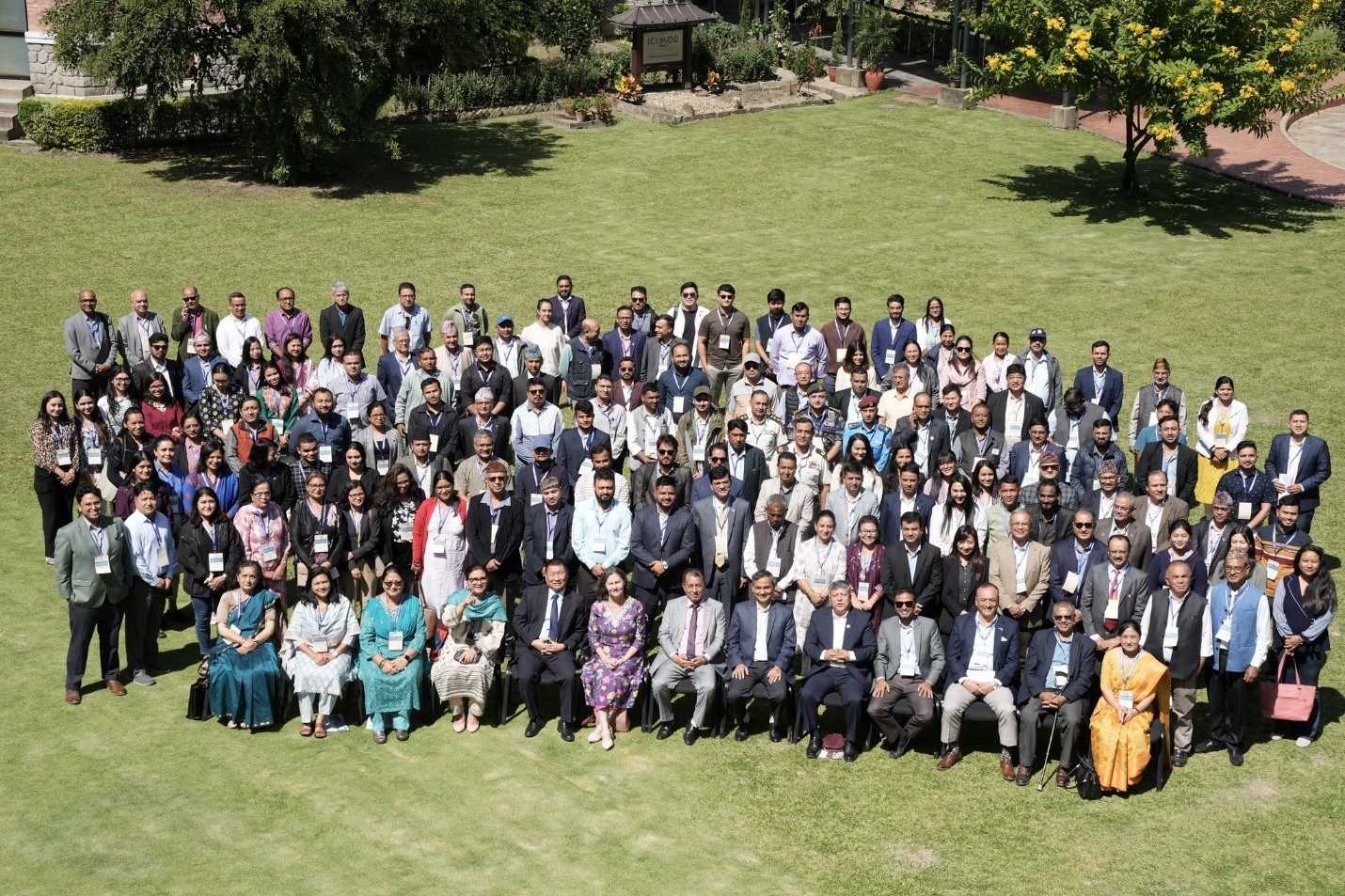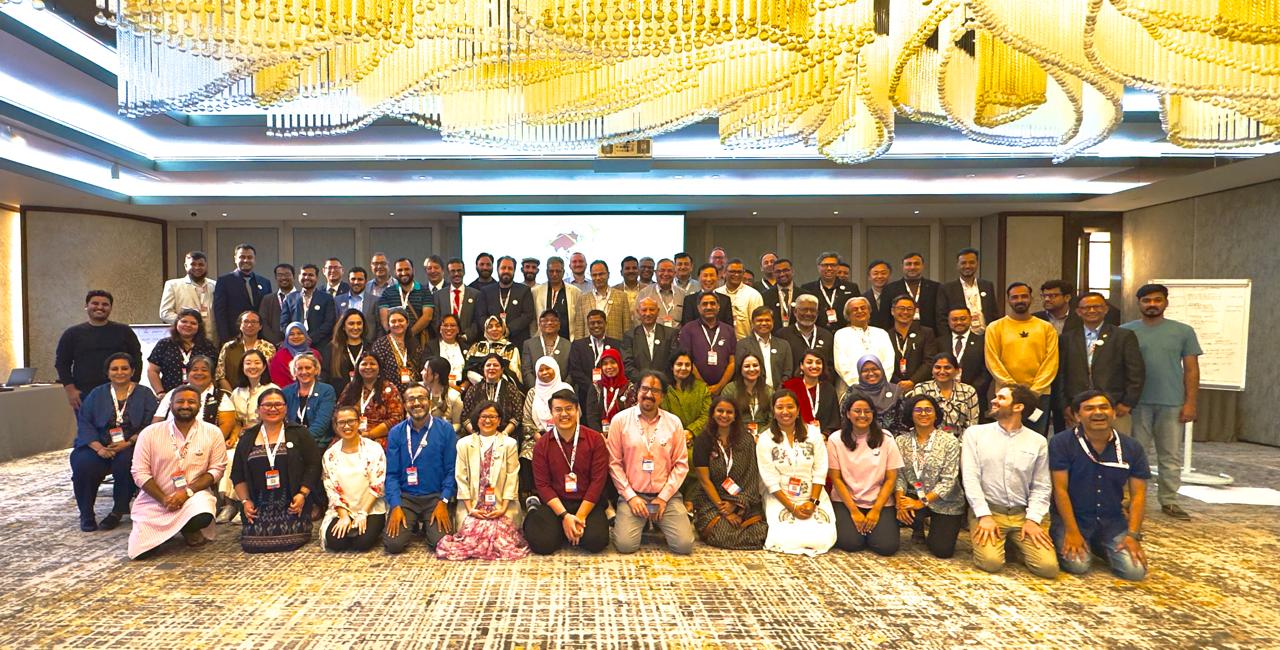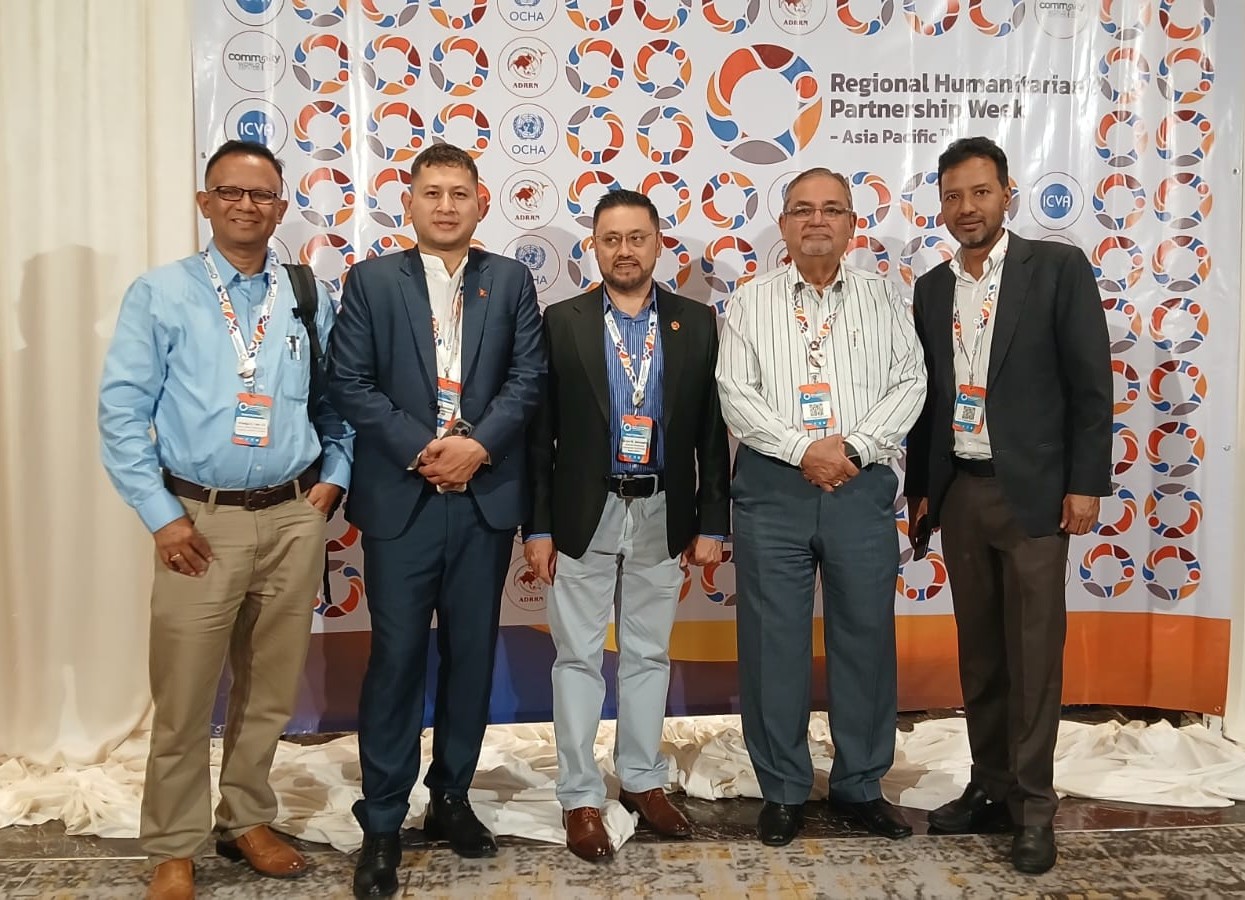DPNet Nepal conducted a residential discussion program to develop the DPNet Strategic Plan of Action 2025-2030

The DPNet Nepal organized a residential discussion program on February 14th and 15th, 2025, at Bal Kshetra Nepal in Sankhu to deliberate on the draft DPNet Strategic Plan of Action 2025-2030. The event brought together DPNet board members, advisors, and technical advisors in an effort to refine the organization’s strategic direction for the next six years. The program was chaired by DPNet Chairperson Dr. Raju Thapa, while DPNet General Secretary, Suraj Gautam, conducted the session as the Master of Ceremony. Vice Chairperson Shakti Gurung delivered the welcome speech for two days of in-depth discussions, while IPP Mr. Surya Bahadur Thapa highlighted the objectives of the gathering.
Dr. Raju Thapa presented the draft of the DPNet Strategic Plan of Action 2025-2030, outlining the key pillars, objectives, and implementation strategies for DPNet’s continued engagement in DRR across Nepal. The presentation led to detailed discussions among the participants, who provided feedback and suggestions to strengthen the document. The discussions focused on ensuring that the strategic plan aligns with national and global disaster risk reduction frameworks, enhances coordination among stakeholders, and effectively addresses Nepal’s evolving disaster landscape.
The draft strategic plan is structured around four thematic pillars: Policy Advocacy, Coordination and Networking, Capacity Building, and Knowledge Management. These pillars aim to address systemic challenges in Nepal’s disaster preparedness and response mechanisms by fostering policy reforms, strengthening multi-stakeholder coordination, enhancing capacity-building initiatives, and improving knowledge management systems. The strategy also emphasizes cross-cutting themes such as gender and social inclusion, climate change adaptation, and localization to ensure that disaster resilience efforts are equitable and community-driven.
During the discussion, participants acknowledged DPNet’s role as the Secretariat for the National Platform for Disaster Risk Reduction (NPDRR) and emphasized the need to further strengthen its advocacy efforts. The Policy Advocacy pillar aims to bridge gaps in legislative frameworks, ensuring that DRR policies at federal, provincial, and local levels are coherent and effectively implemented. The discussions highlighted the importance of policy audits, engagement with home minister and parliamentarians, and evidence-based advocacy to influence policy changes. Participants stressed the need for clarity in the roles and responsibilities of federal, provincial, and local governments to avoid overlaps and inefficiencies in disaster management efforts.
The Coordination and Networking pillar received considerable attention, with participants recognizing the importance of enhancing collaboration among government agencies, development partners, civil society organizations, and the private sector. The strategic plan envisions strengthening DPNet’s role in organizing national and provincial DRR platforms, ensuring more effective communication and information-sharing mechanisms. Participants highlighted the necessity of improving coordination between the government and non-governmental organizations to prevent duplication of efforts and optimize resource utilization in disaster preparedness and response.
Discussions on the Capacity Building pillar focused on equipping DRR professionals, local government officials, and community-based organizations with the necessary skills and knowledge to respond to disasters effectively. The plan proposes the development of training modules, establishment of provincial training hubs, and the creation of a national roster of trained DRR professionals. Participants stressed the need for a Training of Trainers (ToT) approach to expand outreach and ensure sustainable capacity-building efforts across all provinces.
The Knowledge Management pillar was identified as a crucial area for DPNet’s long-term impact. Participants discussed the need to enhance DPNet’s digital infrastructure, develop online provincial resource centers, and systematically document disaster-related experiences and lessons learned. The plan envisions establishing an advanced knowledge-sharing platform that integrates real-time data, research findings, and best practices to inform policy and decision-making processes. Emphasis was placed on leveraging digital tools, such as cloud-based systems and interactive platforms, to facilitate access to DRR knowledge among stakeholders at all levels.
In addition to the four pillars, discussions highlighted the importance of resource mobilization and financial sustainability for DPNet’s long-term operations. The strategic plan proposes diversifying funding sources through donor roundtables, public-private partnerships, and a tiered membership model to ensure the organization’s financial viability. Participants also recommended introducing cost-effective measures, such as virtual engagements and open-source solutions, to optimize operational efficiency.
Monitoring, Evaluation, Accountability, and Learning (MEAL) was another key area of focus, with participants advocating for the development of a logical framework to track progress, measure impact, and facilitate adaptive learning. The strategic plan outlines a comprehensive MEAL framework, incorporating baseline surveys, mid-term reviews, and end-line evaluations to ensure that DPNet’s interventions remain relevant and effective. Reflection workshops and knowledge-sharing forums were proposed to foster continuous learning and adaptation in disaster risk reduction efforts.
One of the significant takeaways from the discussion was the recognition of data deficits in the strategic plan. Participants agreed on the need to collect baseline data in the first year of implementation (2025) to establish clear benchmarks and set measurable targets for 2030. This data will be instrumental in assessing progress and making evidence-based decisions throughout the implementation period.
As the discussion concluded, there was a strong consensus on the need to finalize the strategic plan through an inclusive and participatory process. Stakeholders emphasized the importance of ensuring that the plan reflects the diverse perspectives of DRR actors in Nepal, including government agencies, development partners, academia, and grassroots organizations. Moving forward, DPNet will incorporate the feedback received during the residential discussion and refine the draft before finalizing and launching the Strategic Plan of Action 2025-2030.











